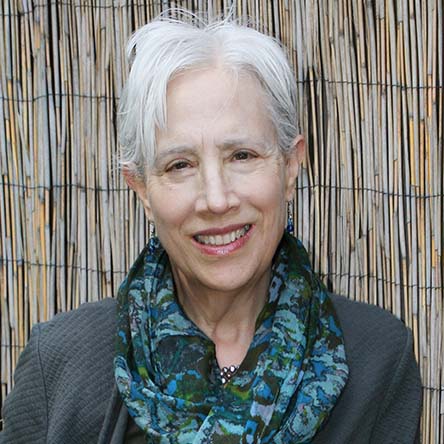The True Meaning of Memorial Day
An American Tale of Honor and Sacrifice
At the heart of the American spirit lies a profound respect and reverence for the brave individuals who have dedicated their lives to preserving our freedom and safeguarding our way of life. One such day, etched in the fabric of our national identity, is Memorial Day. For many, it signals the advent of summer, marked by family gatherings, barbecues, and recreational activities. Yet, the true essence of Memorial Day runs much deeper. It’s a solemn occasion, a day of reflection, gratitude, and commemoration for those who made the ultimate sacrifice in service to the nation.
Tracing the Origins of Memorial Day
Memorial Day, initially known as Decoration Day, has its genesis in the aftermath of the American Civil War – a period marked by enormous national conflict and division. With the staggering loss of over 600,000 lives, the Civil War remains the deadliest confrontation in American history.
The first recorded commemoration of Decoration Day took place in Charleston, South Carolina, on May 1, 1865. A group of freed African-Americans hosted a ceremony to honor the Union soldiers who had perished in a Confederate prison and had been interred in a mass grave. The freedmen took it upon themselves to landscape and clean the burial site, constructing an arch inscribed with the words, “Martyrs of the Race Course.”
As years passed, similar local remembrances began to emerge across the country, blossoming into a nationwide movement of honoring the war dead. General John A. Logan, leader of an organization for Northern Civil War veterans, declared May 30, 1868, as the official date of Decoration Day. The day was designated to adorn the graves of the war dead with flowers, lending the occasion its initial name.
The Evolution of Memorial Day
Over time, this day of reverence evolved, and its scope broadened to honor all American military personnel who gave their lives in all wars, extending beyond the Civil War. It was in 1882 that the term Memorial Day was first used, and it took almost another century, until 1967, for the federal law to officially adopt Memorial Day as the occasion’s name.
A significant change occurred in 1971 when the Uniform Monday Holiday Act came into effect. This legislation moved Memorial Day from its fixed date of May 30 to the last Monday in May, ensuring a long weekend for workers and facilitating nationwide commemoration.
How We Honor Memorial Day Today
Present-day Memorial Day observances are characterized by a variety of solemn and patriotic traditions. The American flag is flown at half-staff until noon and at full-staff from noon until sunset. This unique ritual honors those who made the ultimate sacrifice in the morning, while the afternoon honors the living veterans, the torchbearers of the Legacy of those who have passed.
Memorial Day parades have become a common sight in towns and cities across the nation. Marching bands, service organizations, military vehicles, and veterans themselves participate in these processions, paying homage to the fallen. Memorial services are held in communities, and many individuals visit cemeteries to lay flowers and flags on the graves of soldiers, honoring their memory.
Perhaps the most poignant tradition of all is the National Moment of Remembrance. Established by Congress in 2000, this ritual invites all Americans to pause for a minute of silence at 3 p.m. local time on Memorial Day to remember those who have died in service to the nation.
Beyond the Celebration
Though Memorial Day is often associated with festivities and summer kick-off, the true essence of the day is rooted in gratitude and remembrance. It’s a day to recognize and honor those who laid down their lives in defense of our freedom, and to appreciate the price of the liberties we enjoy.
By understanding the history and significance of Memorial Day, we foster a deeper connection to our past and a greater appreciation for the sacrifices made for our future. This Memorial Day, as you enjoy your family gatherings and barbecues, take a moment to honor the brave men and women who gave everything for our nation. Their courage and dedication deserve not only our respect but also our eternal gratitude. By sharing their stories, we keep their memory alive, ensuring that their sacrifices continue to inspire future generations.

























